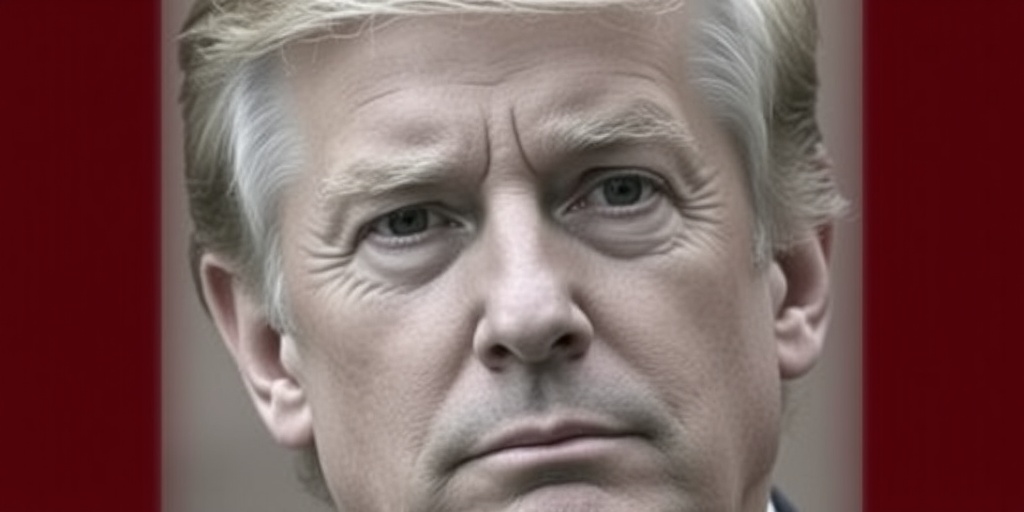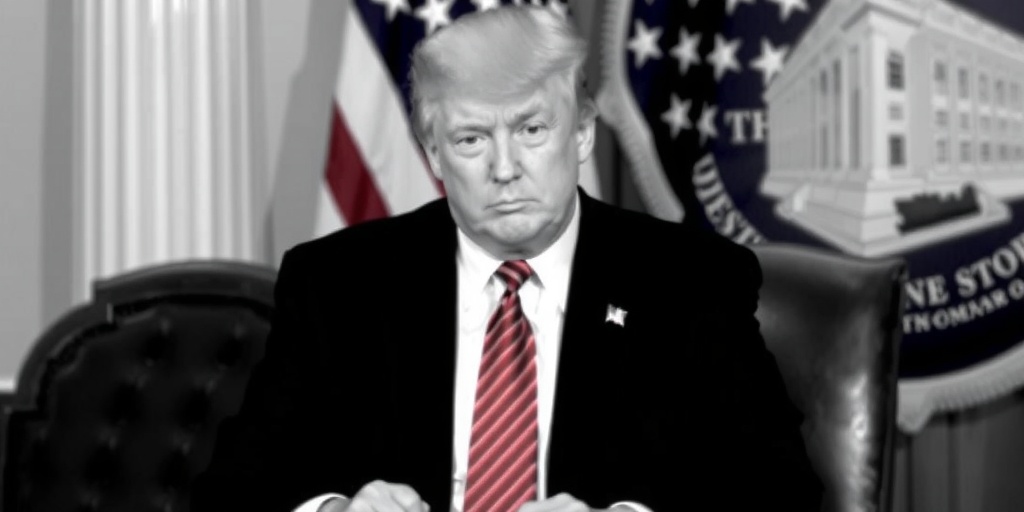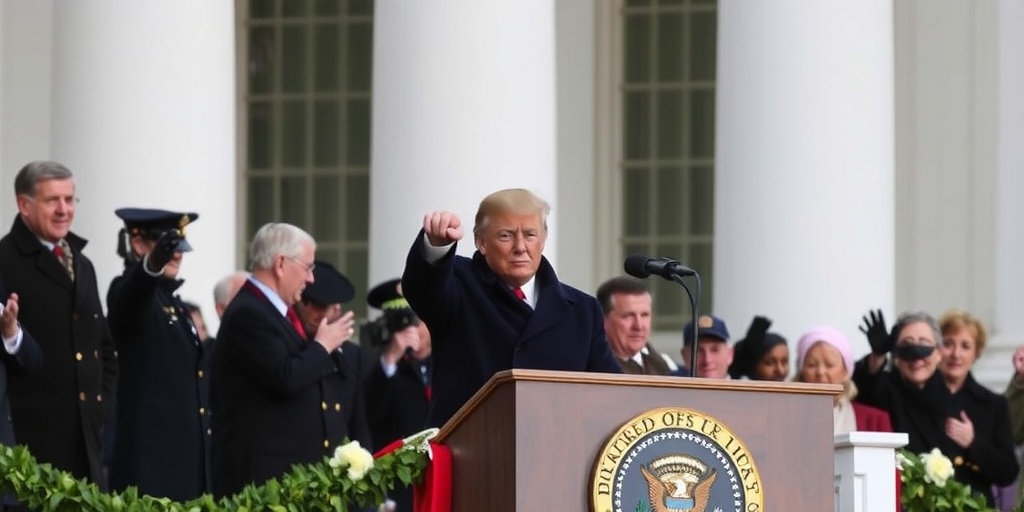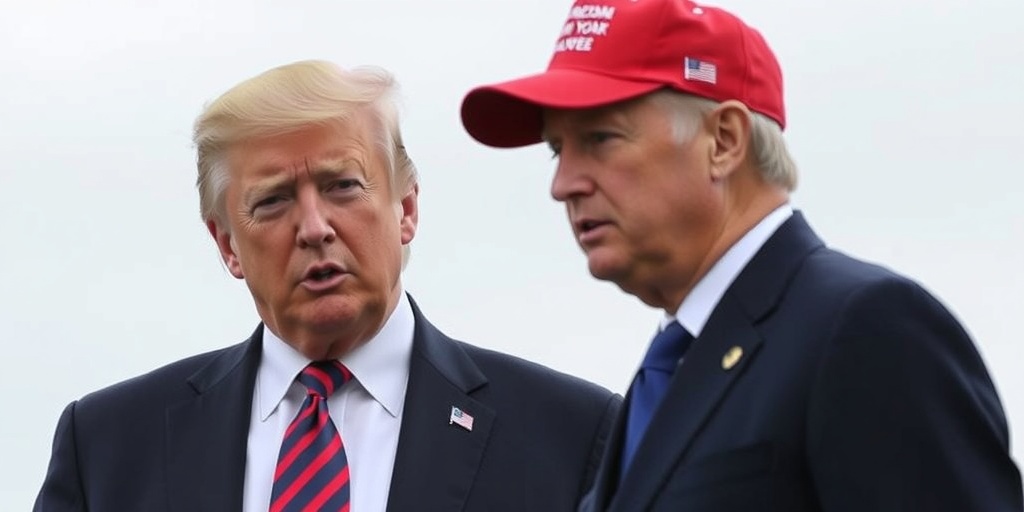Now Reading: Shifting GOP Stance: Republican Senators’ Evolving Views on Russia and Ukraine
-
01
Shifting GOP Stance: Republican Senators’ Evolving Views on Russia and Ukraine
Shifting GOP Stance: Republican Senators’ Evolving Views on Russia and Ukraine

Shifts in Republican Support for Ukraine Amid Evolving Relations with Russia
In recent years, members of Congress from the Republican Party have been vocal critics of Russia and its President, Vladimir V. Putin, consistent with their party’s long-standing hawkish approach that emphasizes a proactive stance on global democracy and freedom. Historically, this perspective has translated into robust support for Ukraine’s resistance against Russian aggression. However, as former President Donald Trump has sought to foster closer relations with Russia, there has been a noticeable shift among Republican lawmakers—many of whom once staunchly supported Ukraine. Recent statements reveal a softer tone regarding both Putin and ongoing military assistance to Ukraine.
Trump’s advocacy for a more conciliatory approach towards Russia has impacted Republican rhetoric. For instance, in a proposal that was categorically rejected by Ukrainian President Volodymyr Zelensky, Trump suggested that Ukraine might consider trading away a 50% stake in its mineral resources. This suggestion, among others, reflects an evolving Republican narrative which appears to prioritize liaison with Russia over unwavering support for Ukraine.
As the United States engages in its most extensive dialogue with Russia in years—discussing a potential peace settlement and American oil companies’ business opportunities in Russia—many Republican senators have adopted a more hesitant stance towards directly supporting Ukraine. Statements made during and after these discussions signify a marked departure from their former positions.
Senator Lindsey Graham of South Carolina, known for his aggressive stance against Putin, exemplifies this shift. In June, he stated the need for the U.S. to "up its game" in response to Russia, emphasizing an uncompromising approach. Nevertheless, during a recent speech at the Munich Security Conference, Graham praised Trump as a leader capable of negotiating a favorable deal for Ukraine—a stark contrast to his earlier comments labeling Putin a "thug" and a war criminal.
Equally notable is Senator John Thune of South Dakota, who previously championed U.S. leadership on the global stage, advocating for military support to ensure Ukraine’s victory. Currently, Thune has acknowledged that the prolonged conflict necessitates dialogue, expressing the need for a resolution to the war while recognizing Ukraine’s essential role in those discussions.
Senator Jim Risch of Idaho, chairman of the Senate Foreign Relations Committee, originally voiced dire warnings about the implications of a Russian victory, framing the Ukrainian conflict as a vital challenge for American security. Now, he has described recent peace talks as "a work in progress," suggesting a willingness to give the Trump administration room to maneuver and negotiate—providing room for doubt on Ukraine’s direct participation in these critical discussions.
Senator Joni Ernst of Iowa stands out as another figure who has transitioned from condemning the Biden administration for appeasing Putin to expressing satisfaction over Russia’s willingness to negotiate. While she continues to assert strong support for Ukraine, she has also downplayed the absence of Ukrainian representatives from initial discussions, framing the current stage as merely the beginning of negotiations.
Lastly, Senator Tom Cotton of Arkansas has also changed his tone. Previously warning that the world is watching the U.S. response to Ukraine—including leaders like Xi Jinping of China—he now pushes for innovative approaches toward establishing peace. His recent remarks echo sentiments increasingly aligning with Trump, advocating for negotiations concerning Ukraine’s resources in return for U.S. support.
This unfolding narrative showcases a significant shift within the Republican Party’s approach towards Russia and Ukraine. As the political landscape changes under the influence of Trump and the realities of prolonged conflict, the challenge remains for these Republican leaders to reconcile their past calls for steadfast support for Ukraine with their current positions that emphasize negotiation and compromise with Russia.
As America navigates this complex geopolitical landscape, the conditions for Ukraine and its defenders remain uncertain, highlighting the intricate balance between assertive foreign policy and the quest for diplomatic solutions amidst ongoing conflict. The Republicans’ evolving sentiments reflect not only internal party dynamics but also the shifting priorities in U.S. foreign policy as it relates to Russia, Ukraine, and broader global stability.
Stay Informed With the Latest & Most Important News
Previous Post
Next Post
-
 01New technology breakthrough has everyone talking right now
01New technology breakthrough has everyone talking right now -
 02Unbelievable life hack everyone needs to try today
02Unbelievable life hack everyone needs to try today -
 03Fascinating discovery found buried deep beneath the ocean
03Fascinating discovery found buried deep beneath the ocean -
 04Man invents genius device that solves everyday problems
04Man invents genius device that solves everyday problems -
 05Shocking discovery that changes what we know forever
05Shocking discovery that changes what we know forever -
 06Internet goes wild over celebrity’s unexpected fashion choice
06Internet goes wild over celebrity’s unexpected fashion choice -
 07Rare animal sighting stuns scientists and wildlife lovers
07Rare animal sighting stuns scientists and wildlife lovers





















